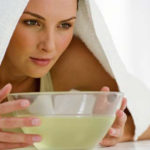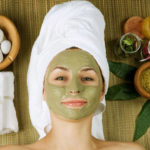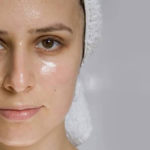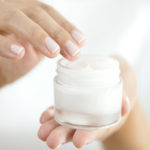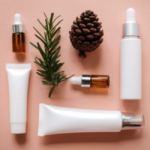Air humidity drops, which reduces the moisture level of the skin and causes dehydration, increased calluses, itching, tightness, and dryness. In fact, many people experience itchy, dry, and cracked skin, as well as intense itching that leads to scratching, which can result in scratches and even bleeding.
To prevent skin conditions in the current dry weather, experts recommend drinking enough water (2-2.5 liters per day) to provide moisture to the skin from the inside.
During cold weather and low air humidity, the skin becomes dry and rough and loses moisture. Therefore, it is necessary to increase the consumption of vegetables, fruits, and foods that provide water, vitamins, and beneficial minerals for the skin.
Doctors also advise against taking long showers or bathing multiple times a day. Avoid using hot water to wash your face. After bathing, apply moisturizers immediately. Ointments and creams are more effective for individuals with dry skin.
For individuals with dry and cracked hands, especially with increased hand washing and sanitation, wearing gloves in cold weather and when doing dishes can help prevent dryness.
In addition, many people often forget to apply sunscreen when it’s cool, cold, and humid. However, dry weather can cause the skin to dry out faster, and excessive exposure to smoke and dust can lead to dryness, cracks, and acne. Therefore, it is important to protect and shield the skin, and don’t forget to apply sunscreen when going outside.
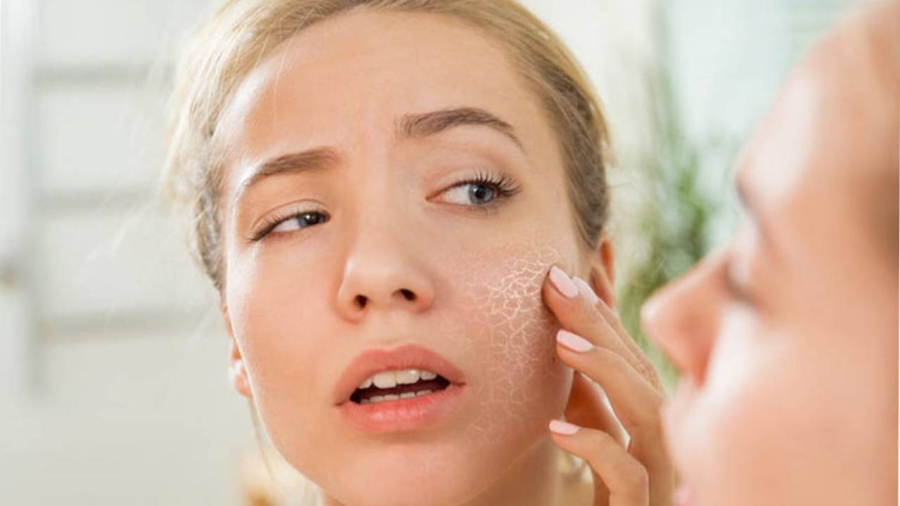
Another common mistake is boiling leaves for bathing. Although green tea leaves have antibacterial properties, they can dry out the skin and create an unfavorable environment.
Exfoliating the skin should only be done approximately twice a week. For individuals with thin and sensitive skin, once a week is sufficient.
During winter, many people prefer washing their faces with warm water. However, this action can further dry out the skin during this season. It is recommended to wash the face with cold or lukewarm water to avoid water loss and dryness.
Dry, cracked, and itchy skin can be signs of underlying dermatological conditions such as atopic dermatitis. If the above methods do not effectively improve dry skin, it is advisable to consult a dermatologist.
Moisturizing Face Masks for Winter
In cold weather, many women are hesitant to apply facial masks. However, this can exacerbate skin dryness during winter.
Therefore, it is important to persist in skincare even when the external temperature drops so as to maintain radiant and vibrant skin.
Below are some easy homemade moisturizing face masks that are highly effective for winter:
Banana and Honey Mask
Ripe bananas contain many vitamins that nourish and brighten the skin. When combined with honey, they provide deep moisturizing effects. Applying this mask is an effective, affordable, and simple way to moisturize the skin during winter using basic ingredients readily available at home. This mask also helps prevent skin aging, inflammation, and acne formation. It is recommended to apply the mask 2-3 times a week for optimal results.
Avocado and Yogurt Mask
Unsweetened yogurt is always a top prioritized ingredient for beauty. It contains lactic acid and minerals that brighten the skin, tighten pores, exfoliate dead skin cells, and fade blemishes. On the other hand, avocado is highly effective in moisturizing, providing essential nutrients for plump, vibrant skin. This is a perfect mask combination for effective beauty and moisturizing during winter.
Tips for Maintaining Moisturized and Radiant Skin during Winter
In addition to applying moisturizing masks to replenish skin moisture during winter externally, it is also important to adjust your diet and lifestyle accordingly. These habits directly impact and affect skin health. Therefore, to maintain hydrated, radiant, and healthy skin during winter, pay attention to the following:
Drink plenty of warm water
In winter, many people generally have low daily water intake. This is the leading cause of skin dryness due to dehydration. Therefore, to prevent dry skin, the solution is to simply drink at least 2 liters of water per day. Drinking warm water is the best option. Alternatively, you can maintain drinking a glass of warm water mixed with honey and lemon juice in the morning to detoxify the body and provide hydration to the skin.
Increase consumption of high-fiber and vitamin-rich foods
In winter, to enhance immune system function, it is necessary to focus on a scientific and nutritious diet rich in vitamins and fiber to ensure good digestion and overall health. Especially, remember to include green vegetables, fruits with cores, strawberries, cherries, and supplement with grains, and foods high in omega-3 and omega-6. This is an effective solution for inner beauty, nourishing the skin, and actively providing moisture to the skin during winter.
Regular physical exercise
Regular exercise is the best way to maintain good health, which also directly impacts skin health. Increasing regular physical activity helps keep the body flexible, the skin glowing, and healthy.
























